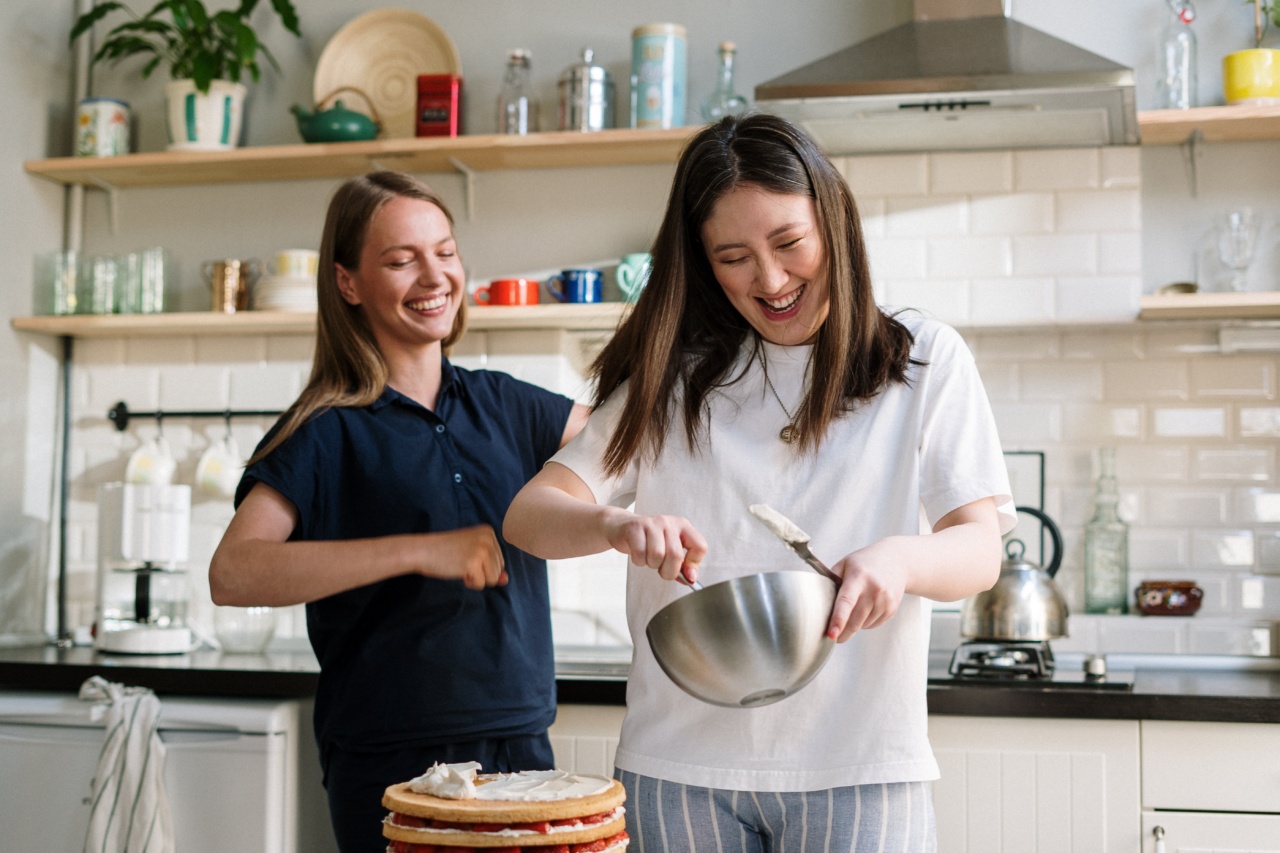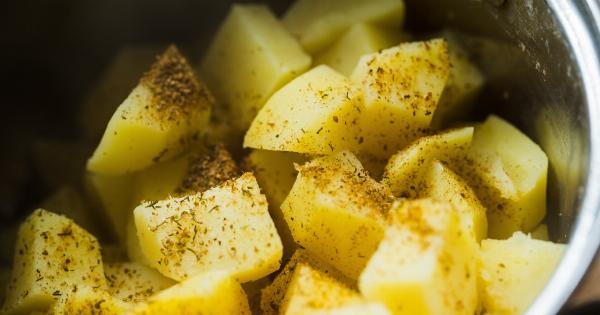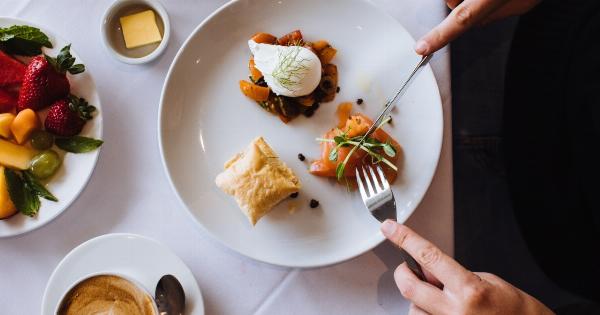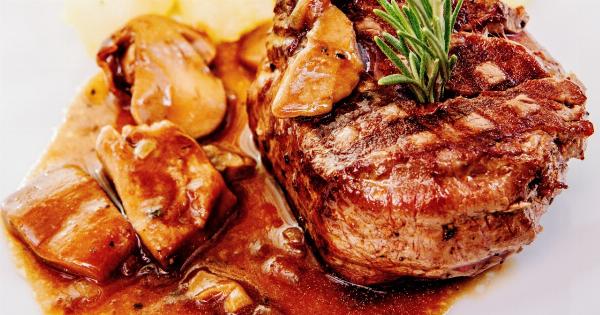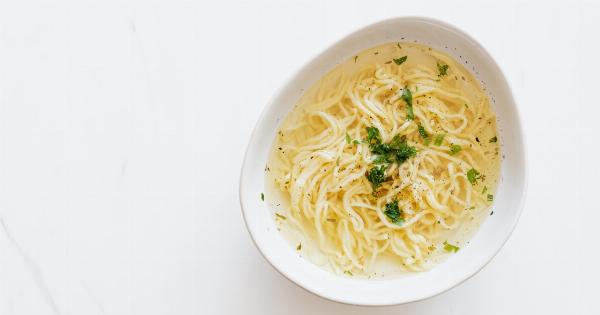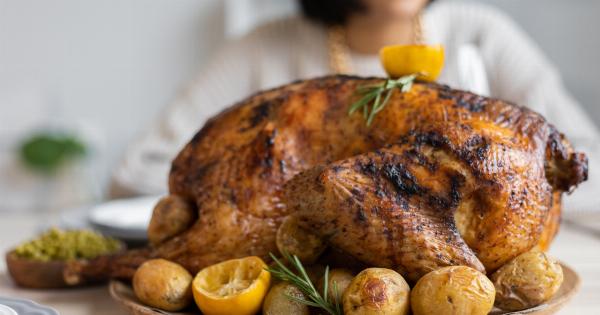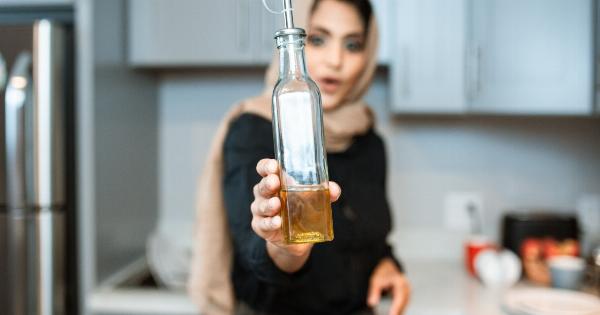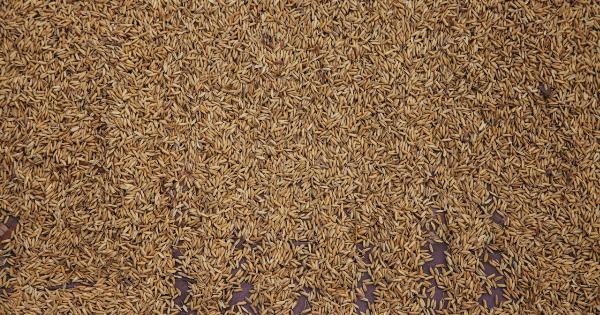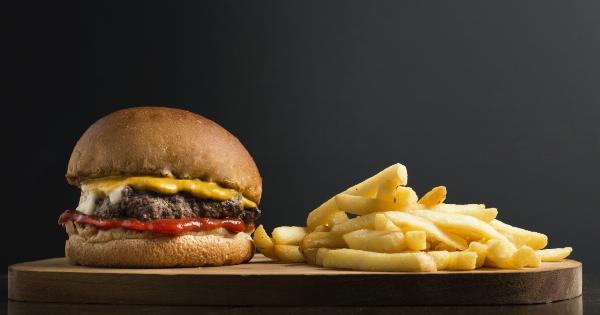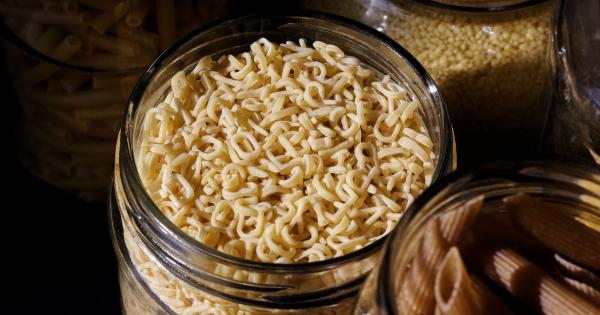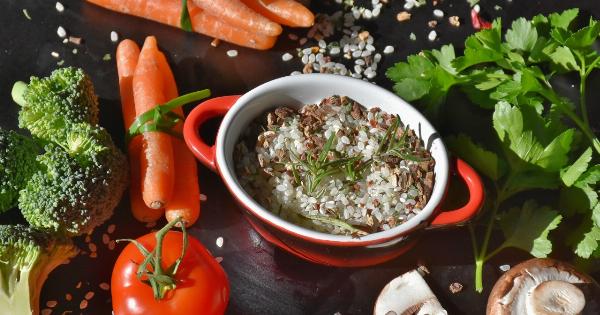Who doesn’t love a perfectly baked potato? Crispy on the outside, fluffy on the inside, and packed with flavor. However, achieving this potato perfection isn’t always as straightforward as it seems.
Many of us unknowingly make mistakes while baking potatoes, resulting in less-than-ideal spuds. If you want to elevate your potato game, here are 30 potato baking mistakes you may be making and how to fix them:.
1. Choosing the Wrong Potato
Potatoes come in many varieties, each with its own unique texture and flavor. Not all potatoes are suitable for baking, though. Russet potatoes, with their high starch content, are the best choice for baking as they become light and fluffy.
Avoid waxy potatoes like red or white potatoes for baking, as they tend to be moist and hold their shape better when boiled or roasted.
2. Not Preheating the Oven
Properly preheating the oven ensures even cooking and crispy exteriors. By skipping this step, you risk ending up with undercooked potatoes with soggy skins. Preheat the oven to around 425°F (220°C) for crispy and evenly baked potatoes.
3. Forgetting to Wash the Potatoes
Always remember to give your potatoes a good scrub before baking. Potatoes often have dirt or residue on their skin, which can affect the taste and texture of the final dish.
Besides, washing them removes any bacteria, pesticides, or chemicals present on the surface.
4. Stabbing the Potatoes Improperly
Potatoes have a high moisture content, and if not properly punctured, they can explode in the oven. Avoid messy clean-ups by using a fork to pierce the potatoes multiple times.
This allows steam to escape during baking and prevents any mishaps from occurring.
5. Skipping Oil or Fat
For a crispy skin, a light coating of oil or fat is essential. Rub the potatoes with a little vegetable oil or melted butter before baking. This helps the skin to turn golden brown and crispy and adds flavor to the potatoes.
6. Not Seasoning Adequately
Seasoning is key to enhancing the flavor of your baked potatoes. Simply relying on the toppings may produce lackluster results. Before baking, generously sprinkle salt and pepper all over the oiled potatoes to infuse the seasoning into the potato flesh.
7. Incorrect Baking Time
The baking time varies depending on the size and thickness of the potatoes. Overcooking can lead to dry and mealy potatoes, while undercooking will leave them hard and unappetizing.
As a general rule, medium-sized potatoes take around 45-60 minutes at 425°F (220°C) to bake to perfection. You can test for doneness by gently squeezing the potato – it should be soft and yield to pressure.
8. Not Using a Baking Rack
Placing the potatoes directly on the oven rack can result in uneven cooking as the heat doesn’t circulate properly. To ensure even airflow and an evenly baked potato, place a baking rack on a baking sheet and put the potatoes on top.
This allows heat to circulate around the potato, ensuring even baking and crispy skin all over.
9. Crowding the Oven
If you cram too many potatoes into the oven, they will end up steaming instead of baking. Give each potato enough space on the baking rack, allowing the hot air to circulate freely and cook the potatoes evenly.
Overcrowding the oven can lead to longer baking times and less desirable results.
10. Neglecting to Turn the Potatoes
To achieve an evenly baked potato, remember to turn them halfway through the cooking process. This will ensure that all sides of the potato receive equal heat exposure and result in a uniformly cooked and beautifully browned potato.
11. Not Using Aluminum Foil
While baking potatoes, it’s common to use aluminum foil for wrapping them, as it helps to retain moisture. However, if you prefer a crispier skin, skip the aluminum foil altogether.
Wrapping the potatoes in foil during baking traps the steam, resulting in a softer skin. Leaving them unwrapped allows the skin to crisp up by having direct contact with the dry heat.
12. Inconsistent Potato Size
If you bake potatoes of different sizes together, you’ll end up with some overcooked and others undercooked. Try to select potatoes that are similar in size, so they cook evenly.
If using different sizes, adjust the baking time accordingly or remove the smaller ones earlier to prevent them from overcooking.
13. Not Using a Salt Crust
Creating a salt crust adds flavor and moisture to the potatoes during baking. After scrubbing and drying the potatoes, roll them in a layer of coarse salt before placing them on the baking rack.
The salt crust locks in the moisture, resulting in a more flavorful and tender potato.
14. Opening the Oven Door Too Often
Resist the temptation to repeatedly check on your potatoes by frequently opening the oven door. Every time you open the oven, heat escapes, causing temperature fluctuations and increasing the cooking time.
Trust the baking time and only open the oven door when you think they’re close to being done.
15. Baking at the Wrong Temperature
Cooking temperatures can vary from oven to oven. If your baked potatoes are consistently turning out less than perfect, it may be due to an inaccurate oven temperature.
Use an oven thermometer to ensure the temperature matches what you’ve set it to, and adjust accordingly.
16. Storing Potatoes Incorrectly
Storing potatoes in the wrong conditions can lead to sprouting, rotting, or generally poor quality. Avoid keeping them in the refrigerator as the cold temperature converts the potato’s starches into sugars, resulting in a less desirable texture.
Instead, store potatoes in a cool, dark place, like a pantry or cellar, for optimal quality.
17. Overcomplicating Toppings
Toppings are a great way to take your baked potatoes to the next level. However, sometimes less is more. Overloading your potatoes with excessive toppings can overpower the flavor and texture of the potato itself.
Keep it simple and choose complementary toppings like sour cream, chives, cheese, or bacon.
18. Using Cold Potatoes for Twice Baked Potatoes
If you’re making twice baked potatoes, be sure to let the baked potatoes cool down a bit before you scoop out the flesh and mix it with the other ingredients. Using hot potatoes can result in a gummy texture.
19. Overlooking Resting Time
After removing the baked potatoes from the oven, allow them to rest for a few minutes. Resting allows the fibers to relax and reabsorb any steam, making the potatoes fluffy and easier to handle.
Cutting into a potato immediately after baking can cause it to lose moisture, resulting in a dry texture.
20. Not Adding Moisture
If you find your baked potatoes to be drier than desired, try adding a bit of moisture to improve their texture. After baking, slice the potato open and gently fluff the inside with a fork.
You can also drizzle a little olive oil, melted butter, or sour cream over the potato to add moisture and enhance the taste.
21. Using Untested Toppings
While it’s great to experiment with new toppings, it’s best to try them on a smaller scale before going all out. Test out new combinations and flavors on a single potato instead of serving them to a large group.
This way, you can ensure that the flavors work well together and avoid any unwanted surprises.
22. Skipping the Cleaning Step
After baking, it’s important to clean your baking sheet or foil to prevent any burnt-on residue from transferring onto future dishes.
Cleaning the sheet immediately ensures it stays in good condition and saves you from having to scrub off hardened food particles later on.
23. Overcooking Potatoes for Mashing
If you plan to mash the potatoes after baking, it’s crucial not to overcook them. Overcooked potatoes can absorb excess moisture, resulting in a watery mash.
Instead, remove the potatoes from the oven when they are just tender enough to be easily pierced with a fork.
24. Not Using a Thermometer
If you struggle with determining the doneness of your baked potatoes, invest in a kitchen thermometer. Insert the thermometer into the thickest part of the potato, and it should read around 210°F (98°C) when fully cooked.
25. Brushing with Too Much Oil
While oil is necessary for a crispy skin, too much oil can make the potatoes greasy. Instead of brushing on an excessive amount, use a light hand to evenly coat the potatoes.
This ensures a deliciously crispy skin without overpowering the natural flavor of the potato.
26. Using an Underpowered Oven
Some ovens may have temperature inconsistencies or lack sufficient power. If you’ve followed all the steps correctly and your baked potatoes still turn out less than perfect, it might be time to evaluate the performance of your oven.
Consider using an oven thermometer to ensure the temperature is accurate.
27. Neglecting to Rotate the Pan
If you’re baking multiple potatoes in a pan, it’s crucial to rotate the pan halfway through the cooking time. This ensures that all the potatoes are equally exposed to the heat and bake evenly.
Neglecting to rotate can result in uneven cooking and some potatoes being more cooked than others.
28. Not Using a Timer
It’s easy to get wrapped up in other tasks and forget about the baking potatoes in the oven. To avoid burning or undercooking them, always set a timer.
This way, you can stay on top of the cooking process and ensure perfectly baked potatoes every time.
29. Overcomplicating the Cooking Method
Baking potatoes is a relatively simple process, and trying to complicate it with fancy gadgets or complicated methods may not yield better results.
Stick to the basics of scrubbing, oiling, seasoning, and baking, and you’re more likely to achieve fantastic baked potatoes.
30. Rushing the Process
Patience is key when baking potatoes. Trying to rush the process by cranking up the oven’s temperature or reducing the cooking time can lead to unevenly cooked and underwhelming potatoes.
Follow the recommended baking time and let the potatoes take their time to achieve optimum texture and flavor.
